Frequently Asked Questions
1. Why are pocket knives popular among collectors?
2. What are some current trends in vintage knife collecting?
3. What key factors should I consider when buying vintage knives?
4. Where can I buy vintage knives?
5. What tips can I use for negotiating the price of vintage knives?
When it comes to collecting, few things are as rewarding as the satisfaction of finding a perfect piece that resonates with your passion. Vintage knives, particularly pocket knives, have gained immense popularity among collectors and enthusiasts alike. This blog post delves into the captivating world of vintage knives, exploring the current trends, the art of collecting, and essential criteria to consider when purchasing these iconic tools.
The Allure of Vintage Knives
Why are pocket knives becoming a hot trend among collectors? The appeal lies in the rich history and craftsmanship of these blades. Vintage knives often showcase unique designs and impeccable craftsmanship that cannot be replicated in modern manufacturing. Many collectors seek out these pieces not just for their utility, but also for their aesthetic value and nostalgic charm.
Historical Significance
Each vintage knife carries a story, whether it's the manufacturing details, its original owner, or the era it represents. Understanding the historical context of a particular knife can enhance its value and significance to a collector. For instance, some knives can be identified by the materials used in their creation, which can often date them to a specific time period.
Current Trends in Vintage Knife Collecting
As with any collecting hobby, trends in vintage knife collecting ebb and flow. Here are some noteworthy trends that have emerged in recent years:
Restoration and Customization
Many collectors are increasingly investing in vintage knives for restoration projects. A worn-down knife can often be revived to its former glory with some love and care. Customization also plays a big role, with collectors modifying their finds to create one-of-a-kind pieces that reflect their personal style.
Focus on Functionality
While aesthetics are crucial, the functionality of vintage pocket knives is also gaining prominence. Enthusiasts often seek knives that can serve practical purposes, whether it be for camping, everyday carry, or culinary applications. The trend is to find vintage knives that are not just collectible but also usable.
Niche Collecting
Another rising trend is niche collecting. Some collectors focus solely on specific brands, knife types, or manufacturing eras. This specialization often results in an in-depth knowledge of the subject matter, making them well-informed buyers and sellers in the vintage knife market.
What to Look For When Buying Vintage Knives
To make an informed purchase when hunting for vintage knives, here are some key factors to consider:
Condition of the Knife
The condition of a vintage knife is perhaps the most critical factor in determining its value. Look for blades that are free of rust, nicks, and excessive wear. While some wear is expected, significant damage can drastically reduce a knife's price and desirability.
Brand and Manufacturer
Certain brands are known for their quality and craftsmanship, and knives from these manufacturers tend to fetch higher prices, especially if they're in good condition. Names like Case, Buck, and Remington are well recognized in the collectible space. Researching the brand's history and reputation can provide insight into the knife's value.
Age and Rarity
Age and rarity are two factors that can significantly impact a vintage knife's worth. Collectors often prize older models that are hard to find. If a knife was produced in limited quantities or ceased production altogether, it may be more valuable. Documentation—the knife’s history, including any provenance—can enhance this aspect further.
Material Quality
The materials used in the knife's construction can also affect its value. Vintage knives made from high-quality steel, natural handle materials like wood or bone, and other premium components are typically more sought after. These materials not only affect durability but also aesthetics, adding to the overall appeal of the knife.
Identification Marks and Documentation
Examine the knife for any maker's marks or stamps, which can help identify the manufacturer and the model. Documentation such as original boxes or papers can also contribute to authenticity and value, so keep an eye out for these items when browsing.
Where to Buy Vintage Knives
Finding the right vintage knives can be an adventure in itself. Below are some avenues to explore:
Online Marketplaces
Online platforms like eBay, Etsy, and specialty sites devoted to knives can be excellent sources. Make sure to read seller reviews and ask questions about the knife's condition before making a purchase.
Knife Shows and Collectors' Fairs
Attending knife shows and collectors' fairs can allow you to see knives in person. You can often connect with other enthusiasts and gather information about the knife's history directly from knowledgeable sellers.
Local Antique Shops and Flea Markets
Exploring local antique shops, flea markets, and estate sales can yield fantastic finds. Oftentimes, these places have hidden gems at lower prices compared to online marketplaces.
Negotiating and Pricing Strategies
Once you've found the vintage knife of your dreams, you'll likely want to negotiate the price. Here are some tips to help you navigate negotiations:
Do Your Homework
Research the market value of the knife you’re interested in beforehand. Websites, collector forums, and price guides can provide insight into what similar knives are selling for.
Be Polite and Respectful
When negotiating, always approach the seller with kindness and respect. A genuine conversation can open up opportunities for better pricing, as sellers are more likely to negotiate with buyers who show interest and respect for the item.
Be Prepared to Walk Away
Know your budget and be prepared to walk away if the price doesn’t meet your expectations. Sometimes, leaving an offer on the table can prompt the seller to reconsider their original price.
Embrace the Journey of Collecting
Collecting vintage knives is more than just a hobby; it’s a journey filled with exploration, learning, and appreciation for craftsmanship. The stories embedded in each vintage pocket knife add an unique narrative to your collection. Whether you're searching for a piece that completes your collection or simply looking to own a slice of history, the thrill of the hunt makes the experience even more rewarding.
As you embark on your vintage knife collecting journey, remember to take your time, conduct thorough research, and enjoy the process. By adhering to the trends and criteria outlined above, you are now armed with the knowledge to make informed decisions and appreciate the intricate beauty of vintage knives. Happy collecting!
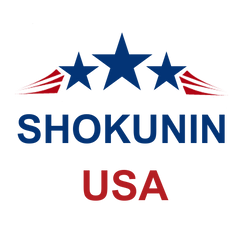

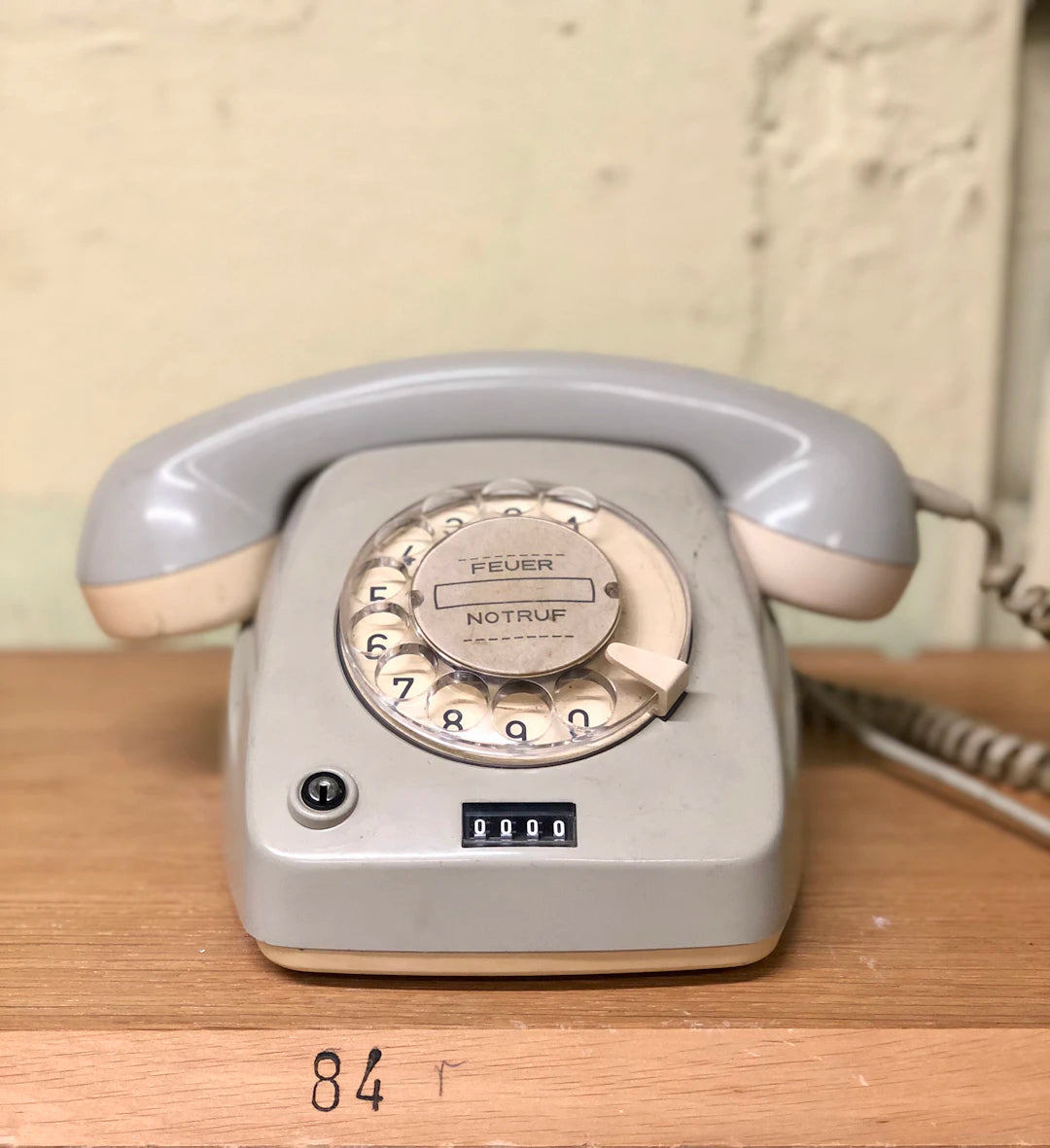



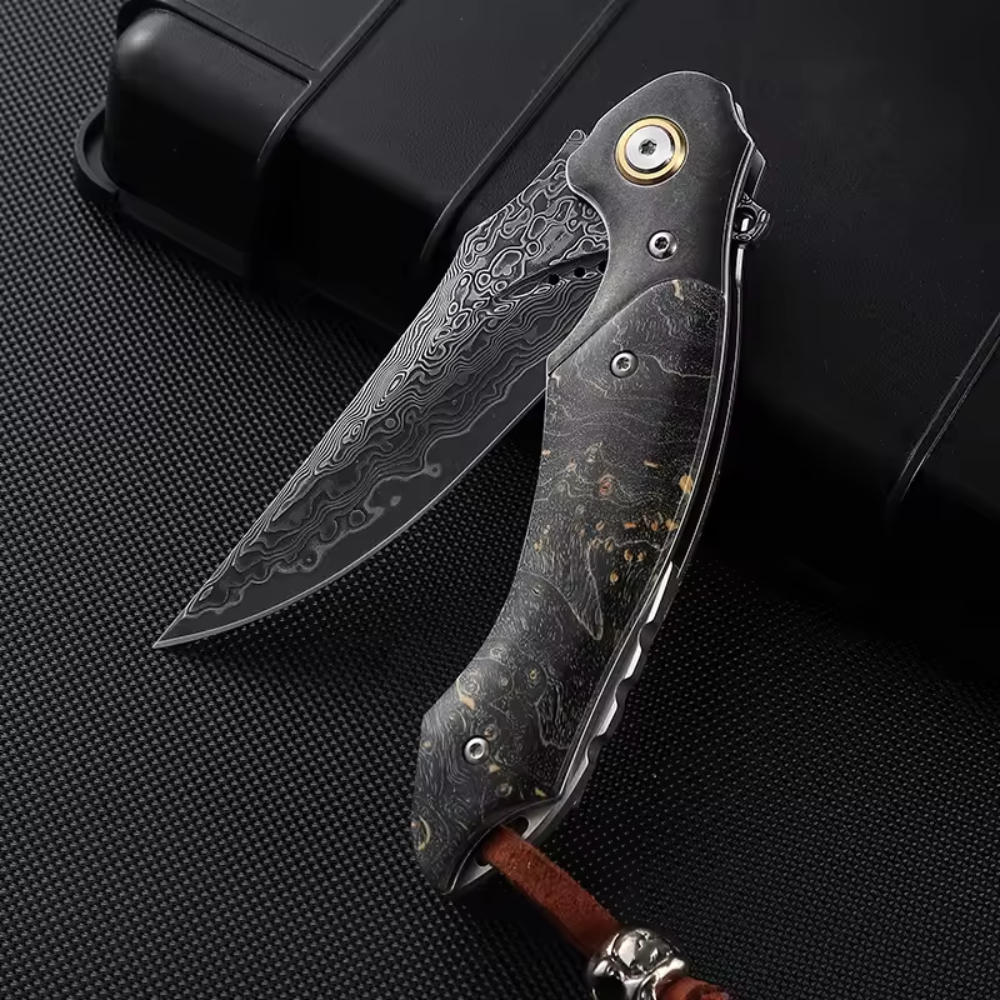
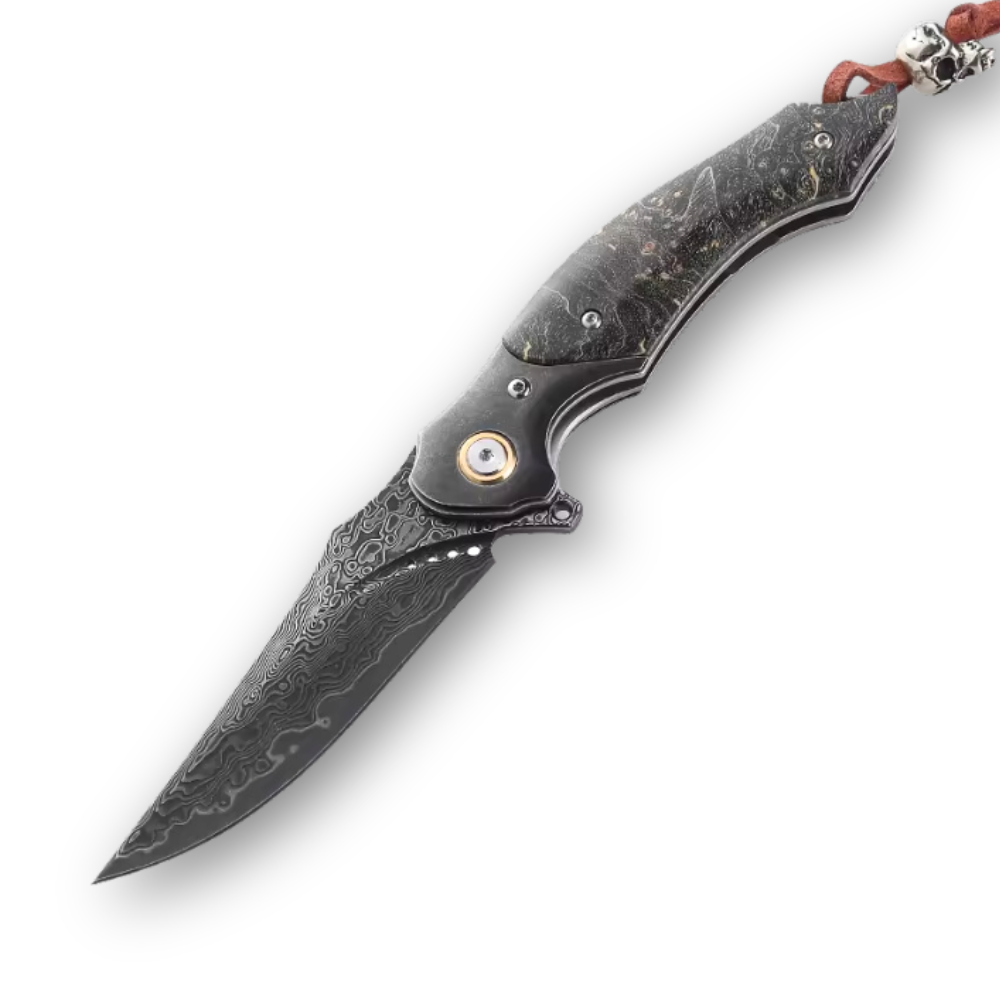
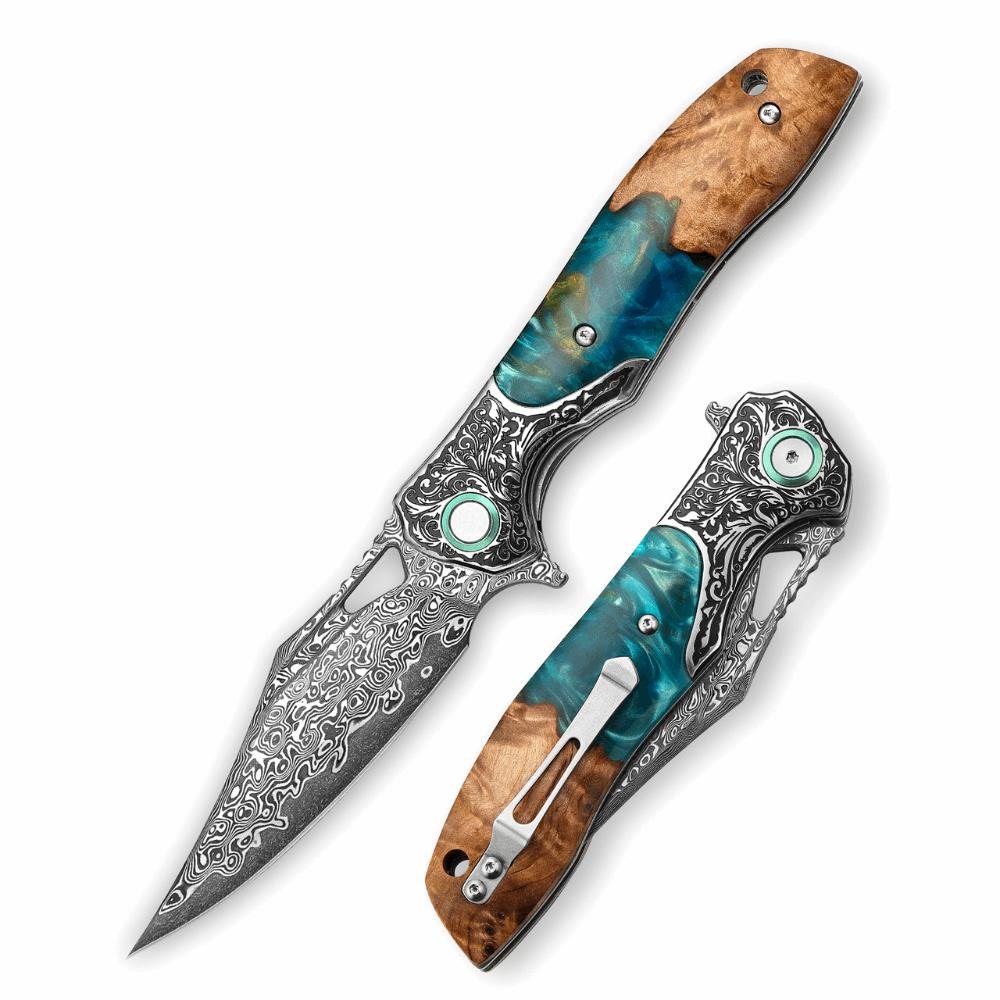
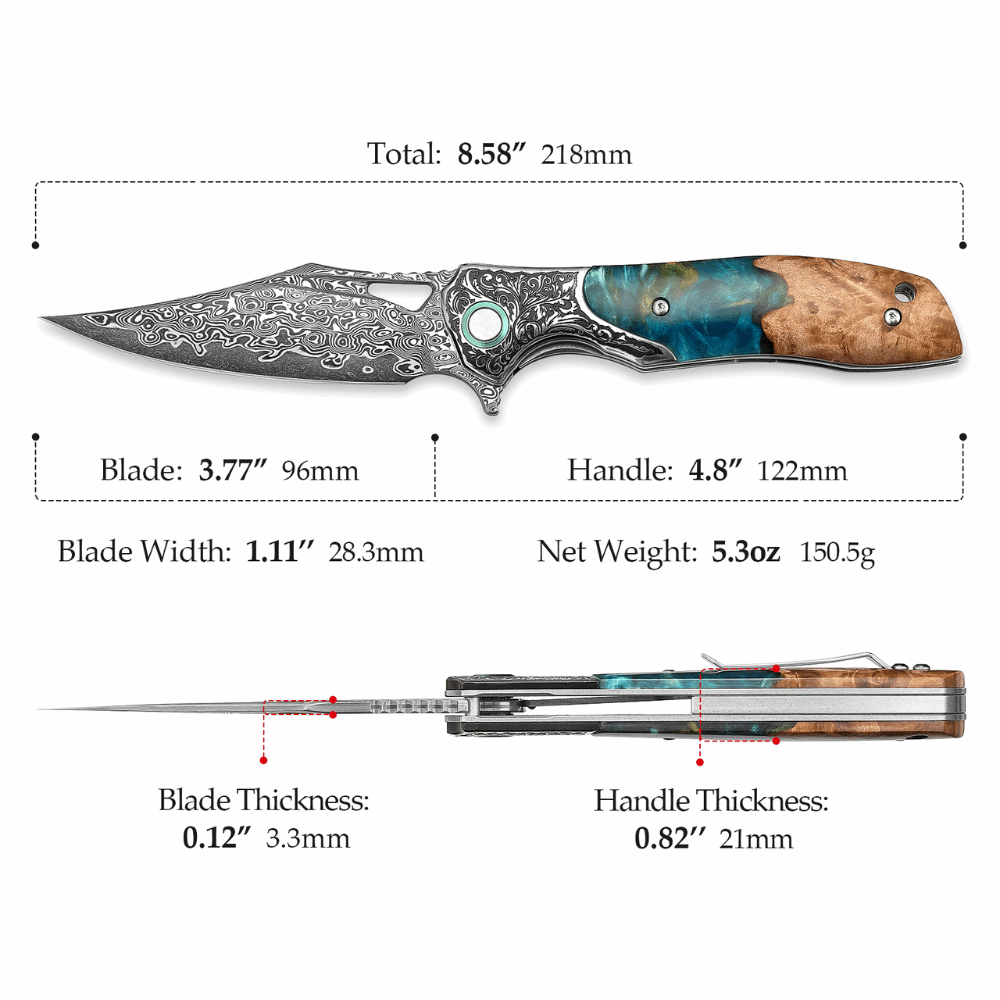
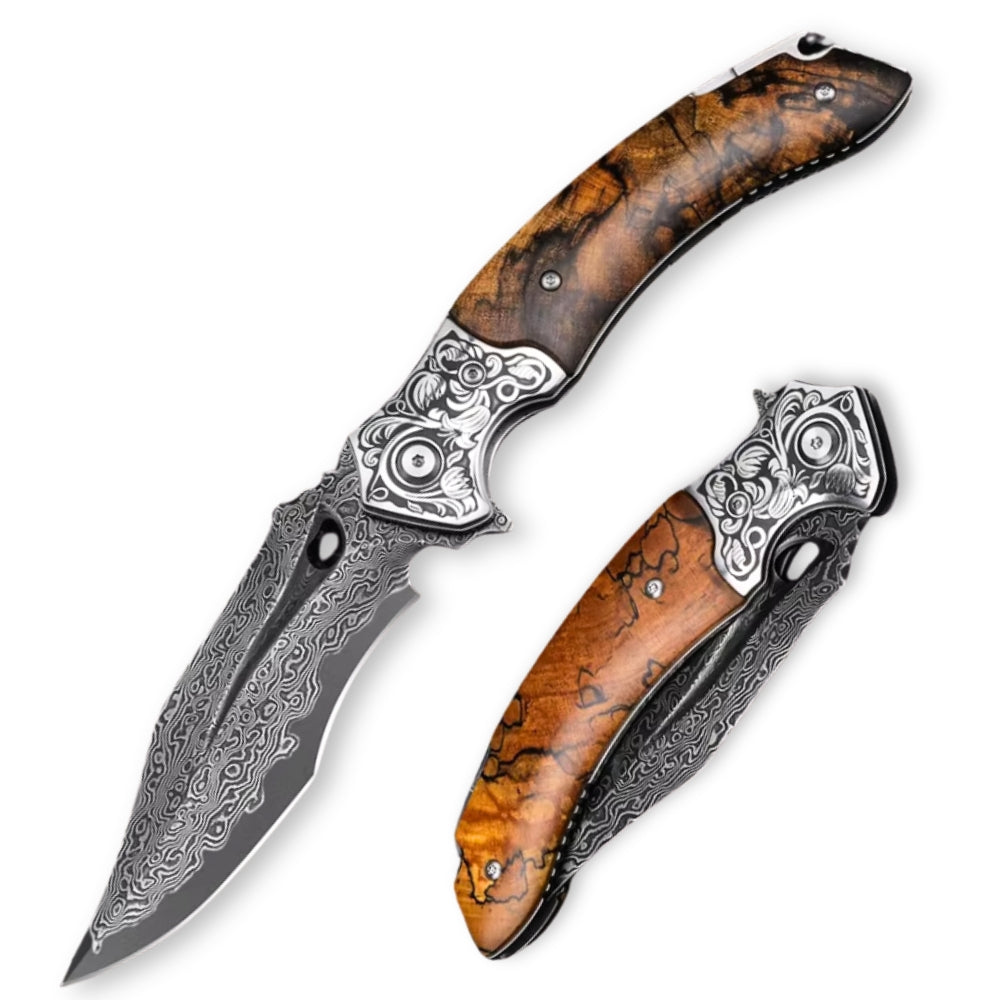
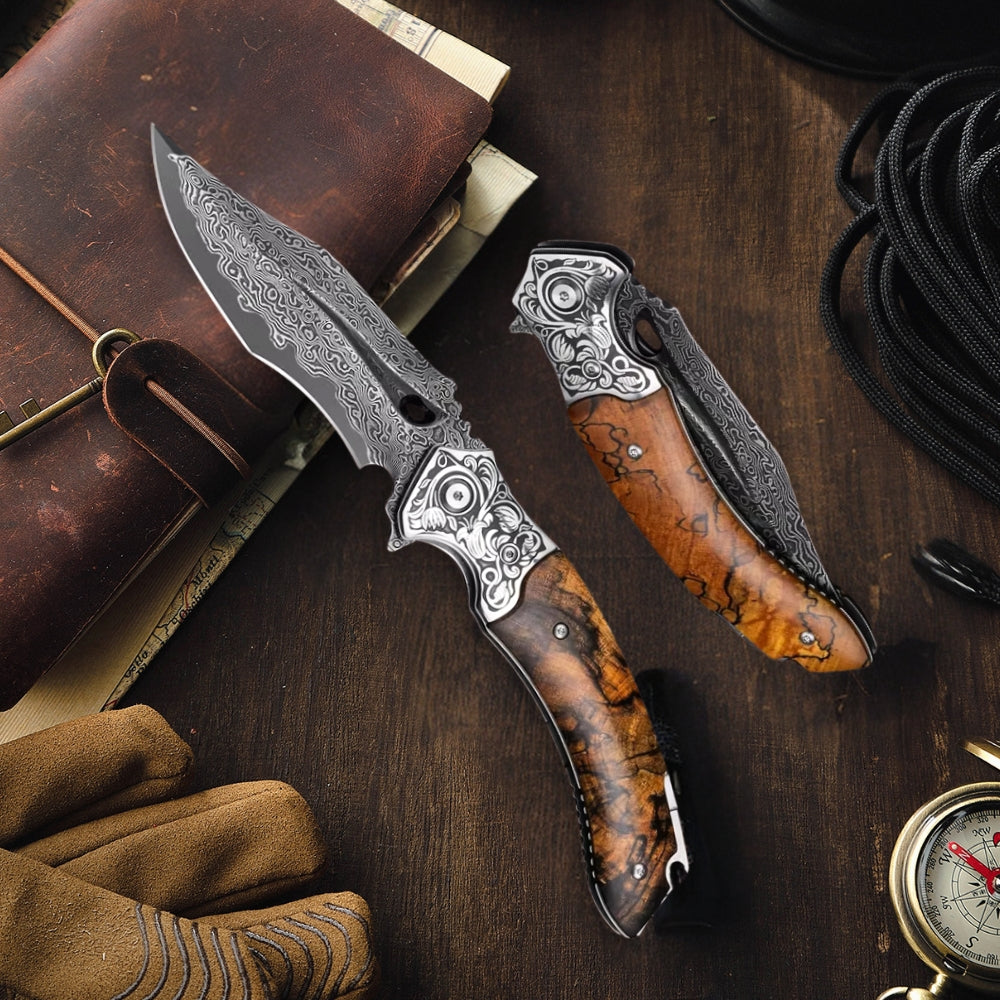
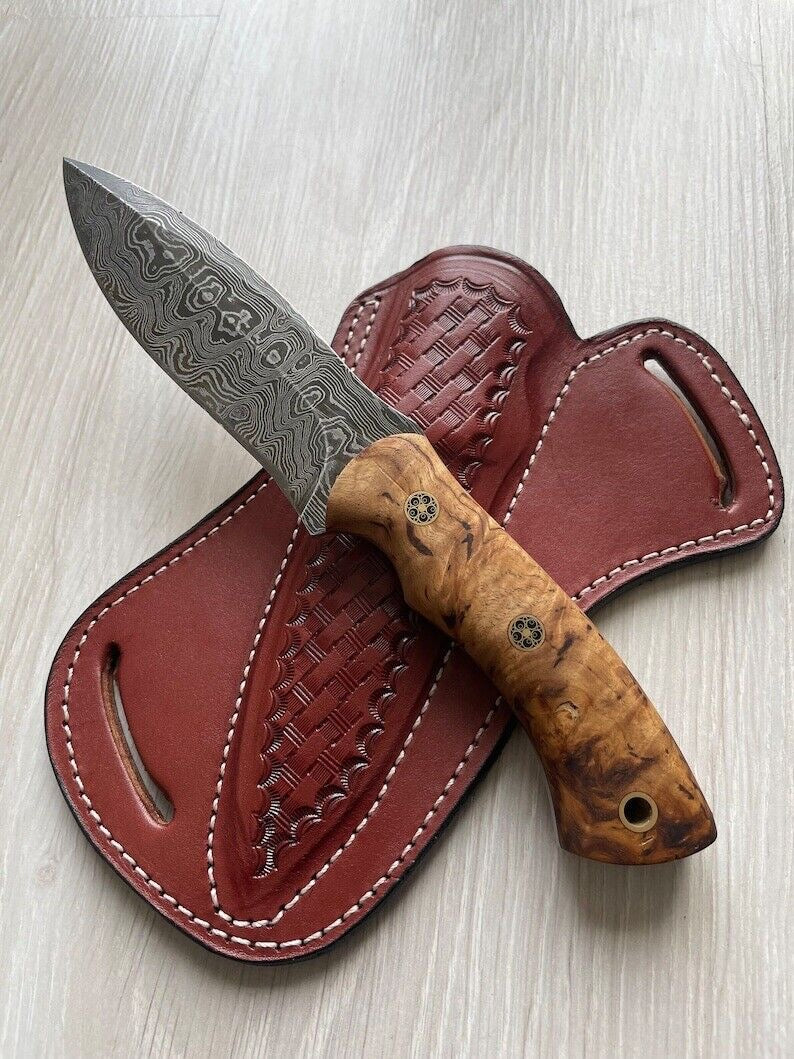
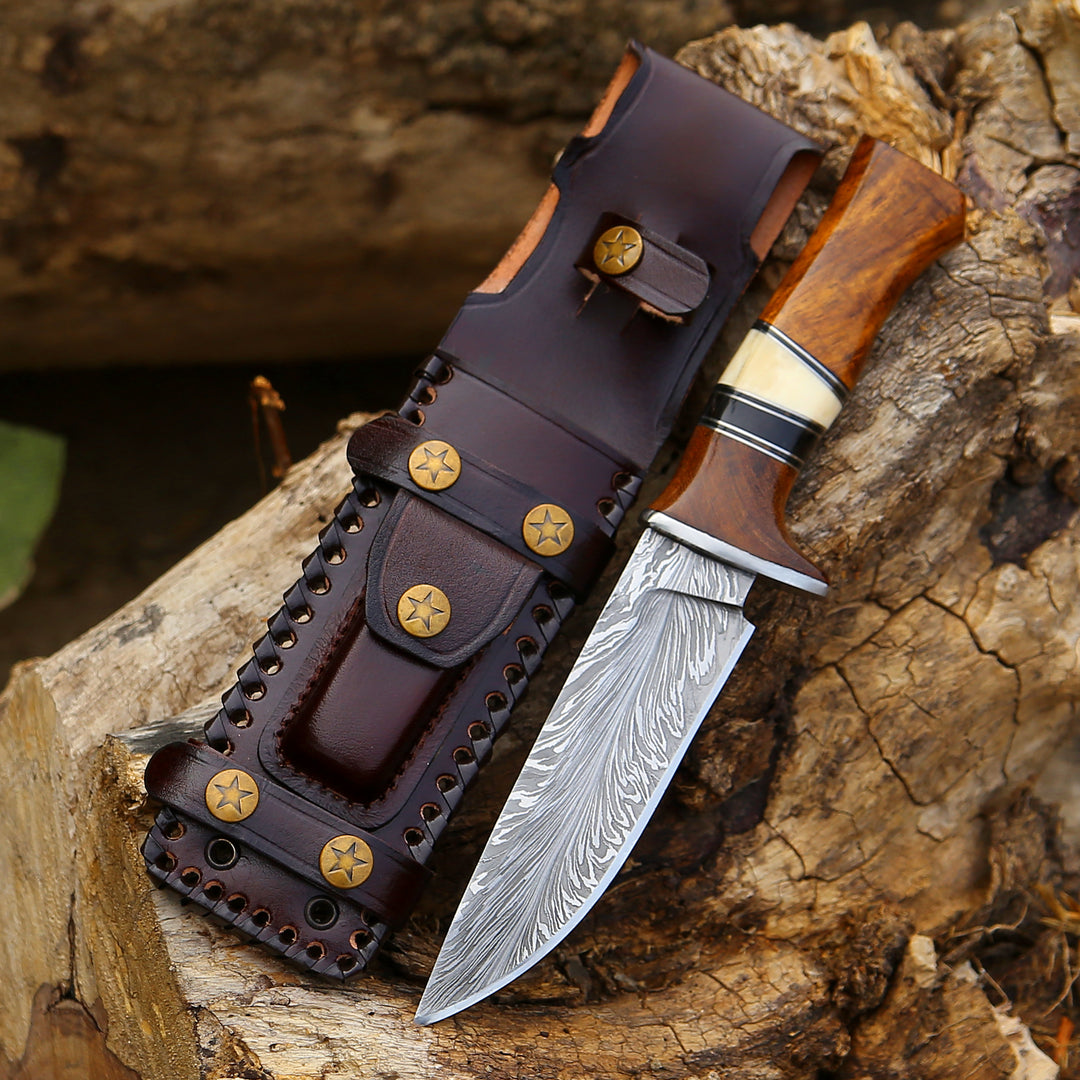
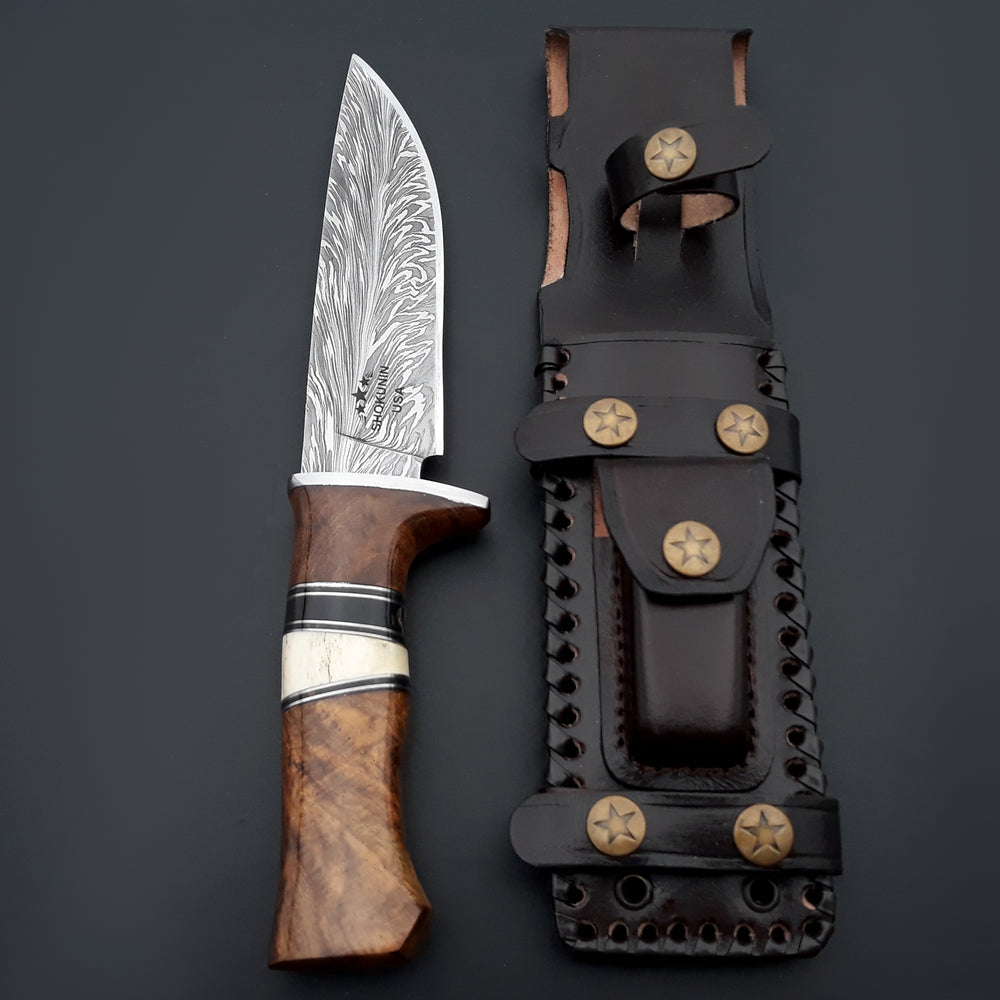
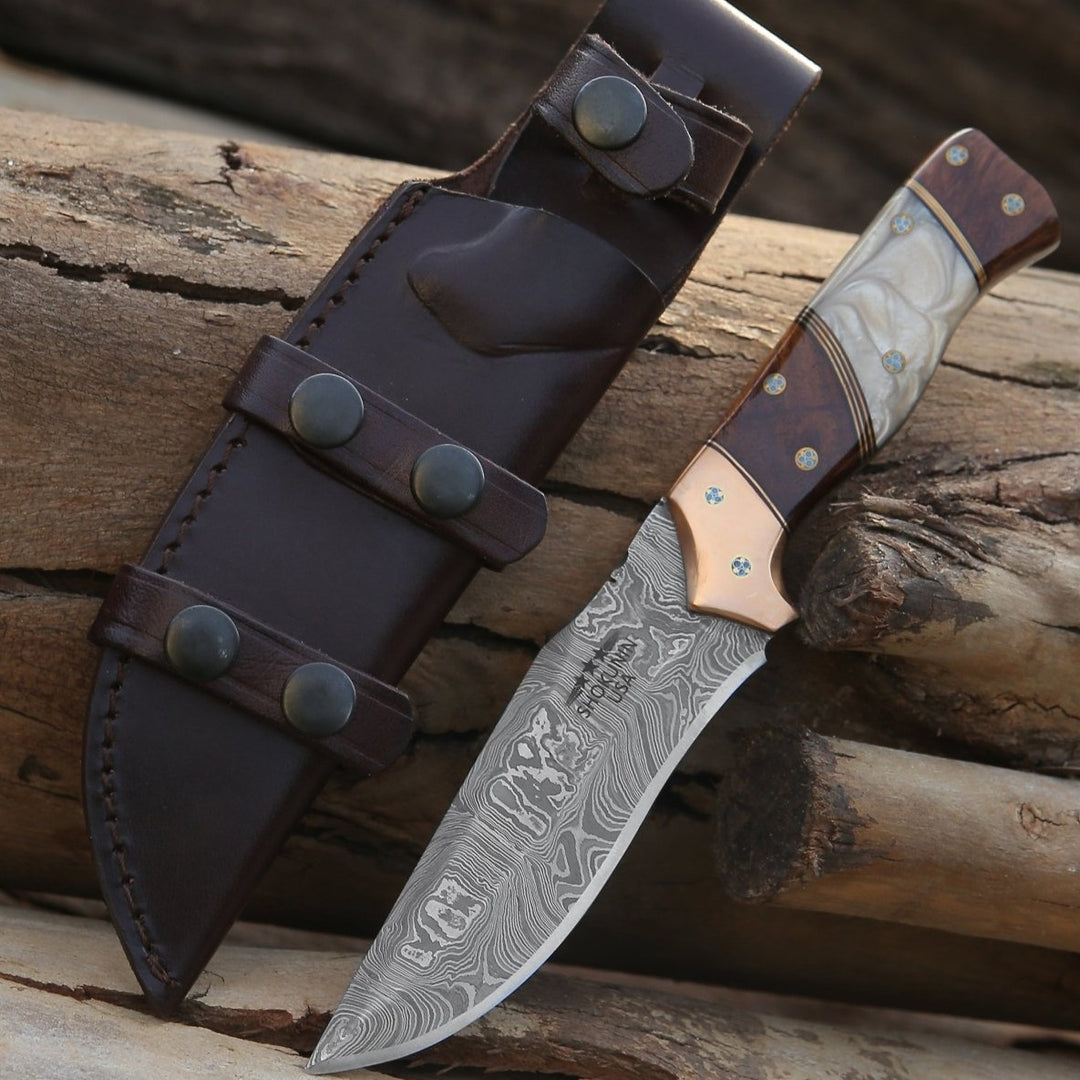
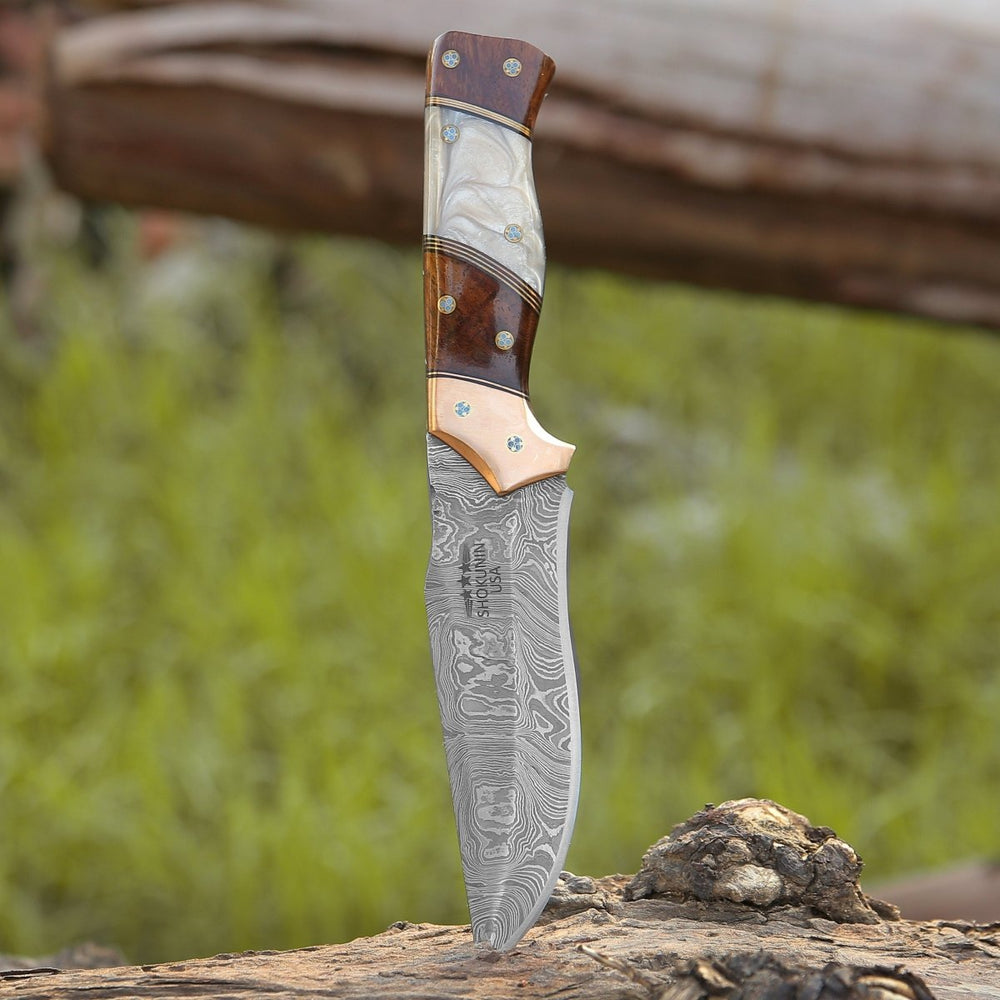
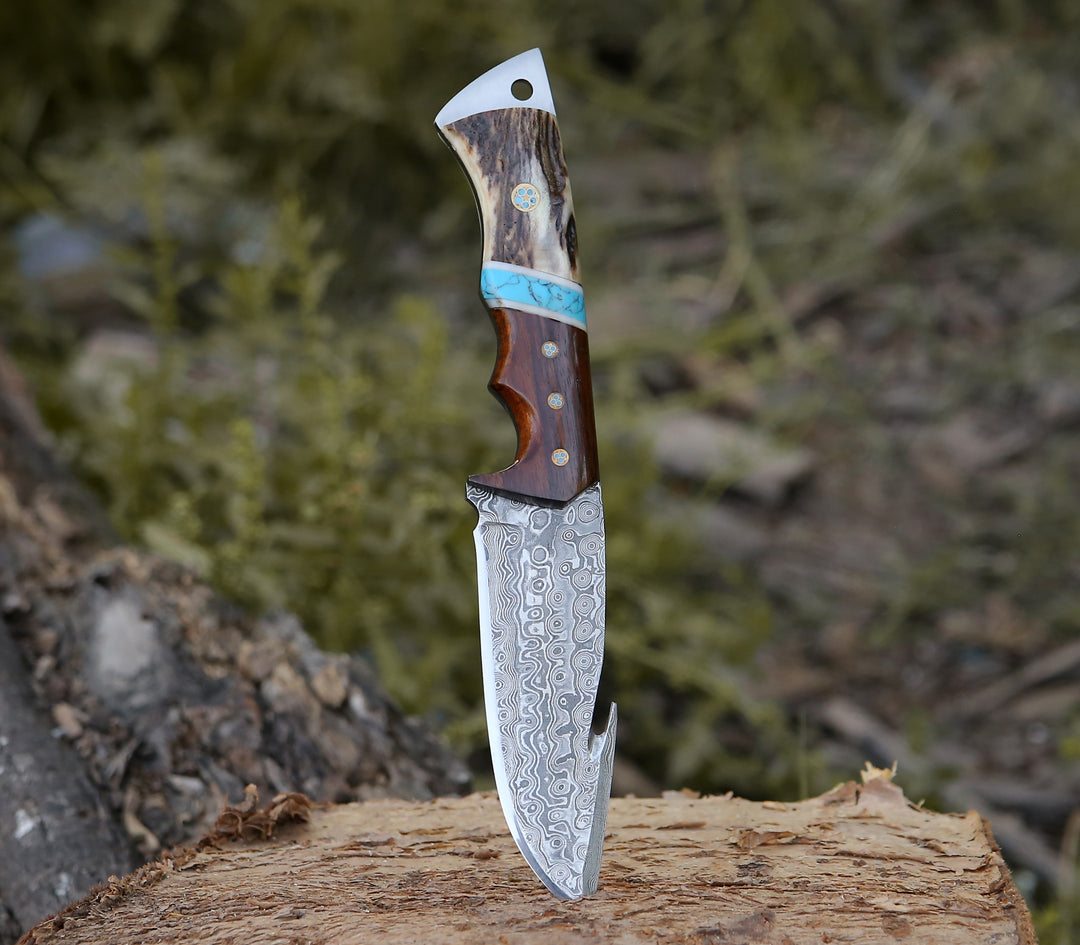
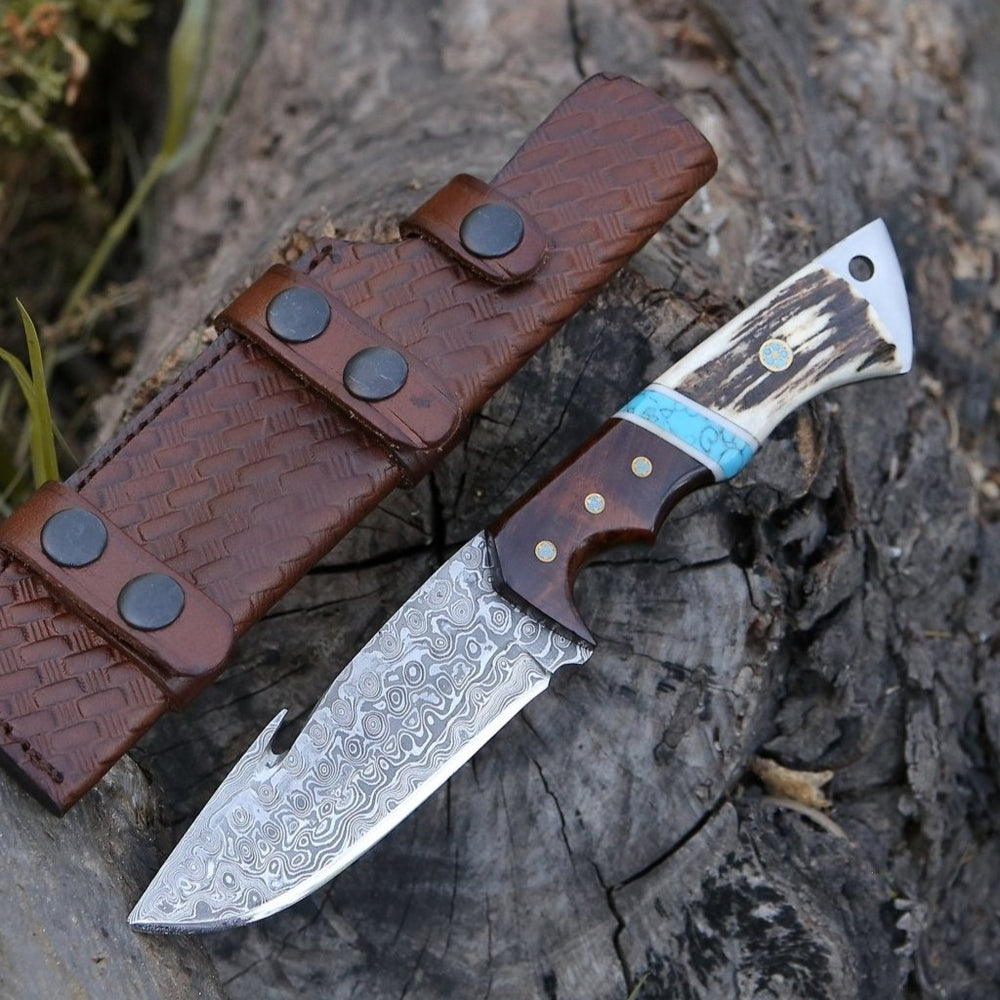
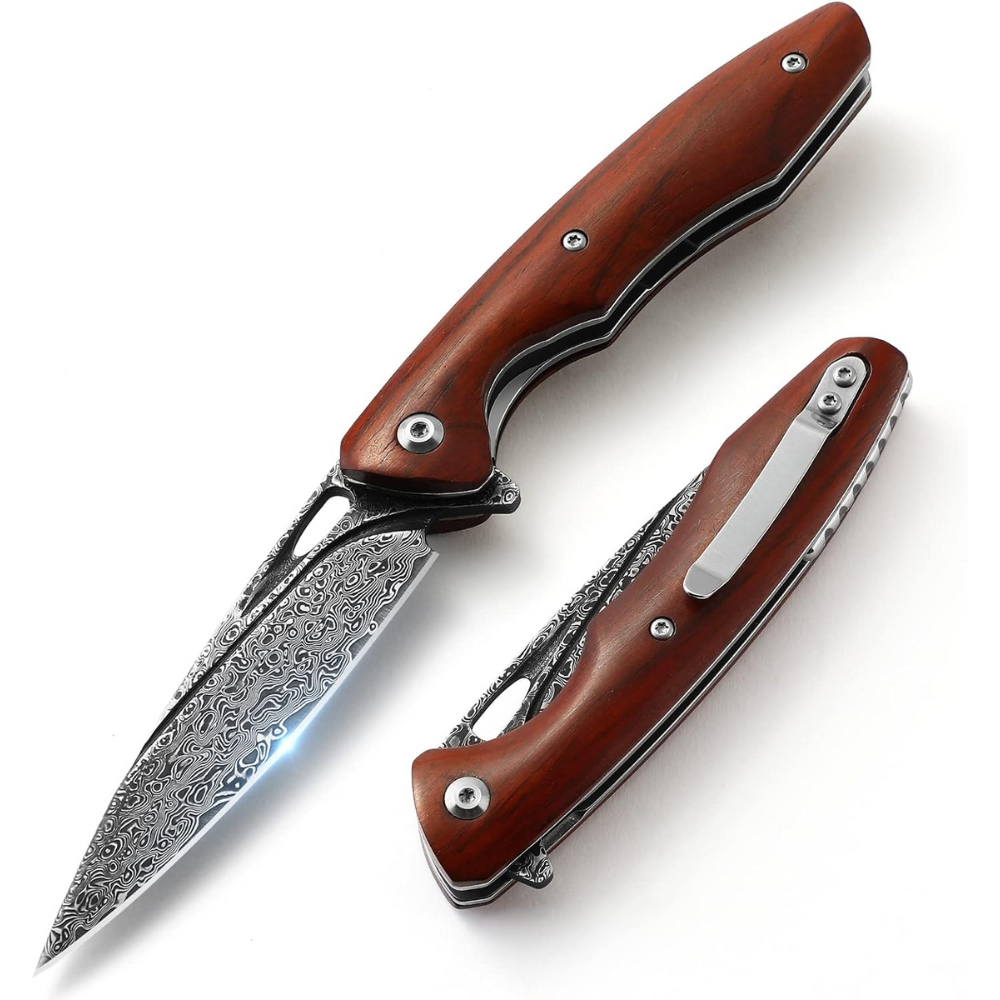
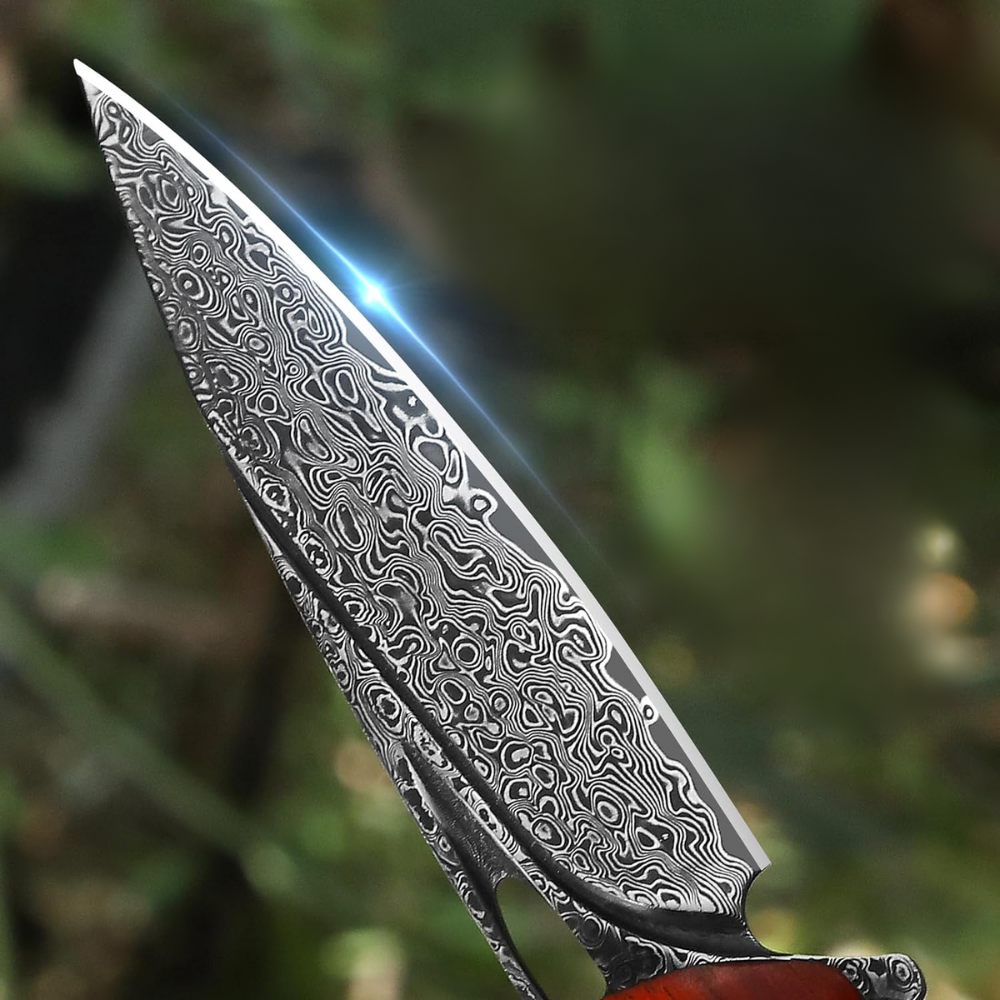
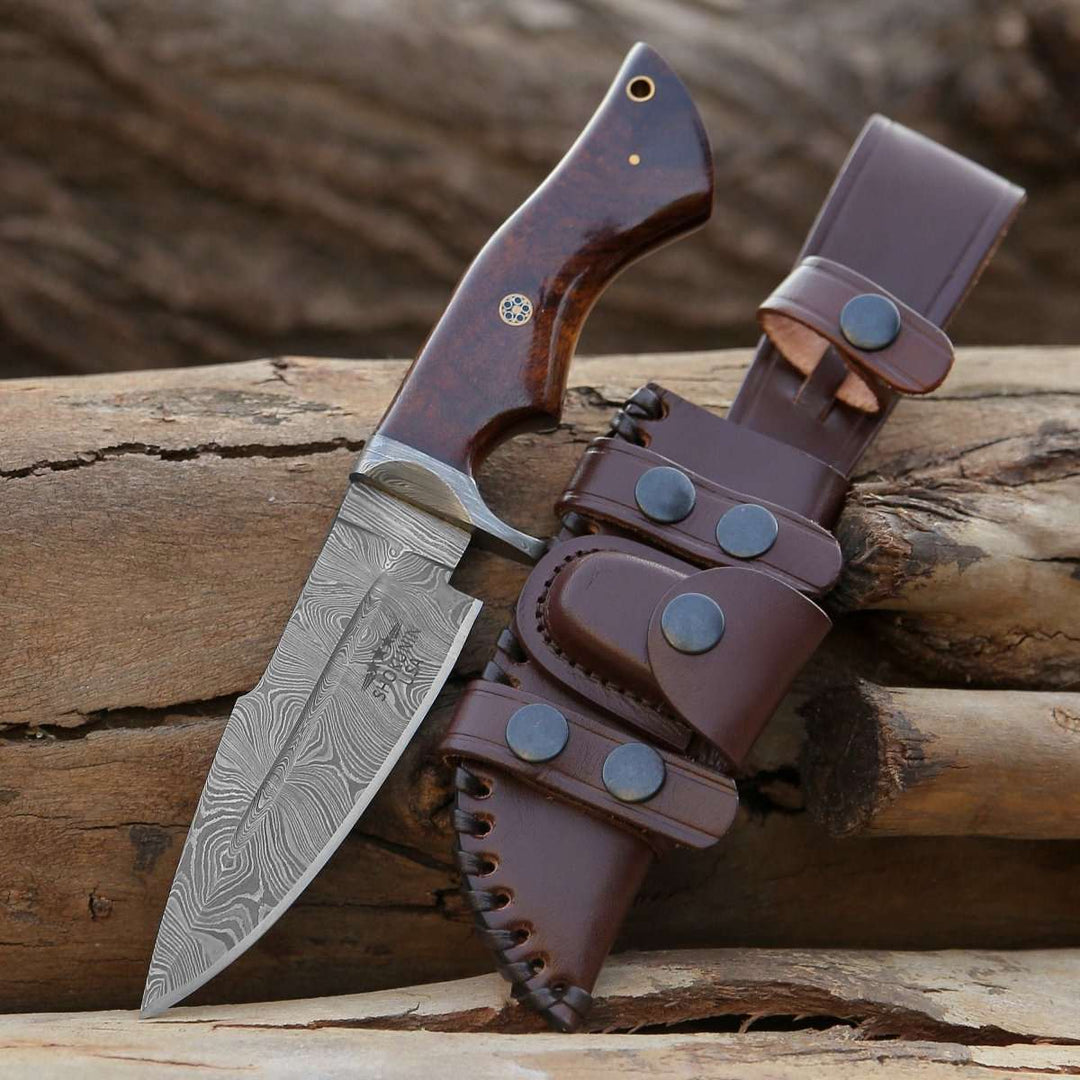
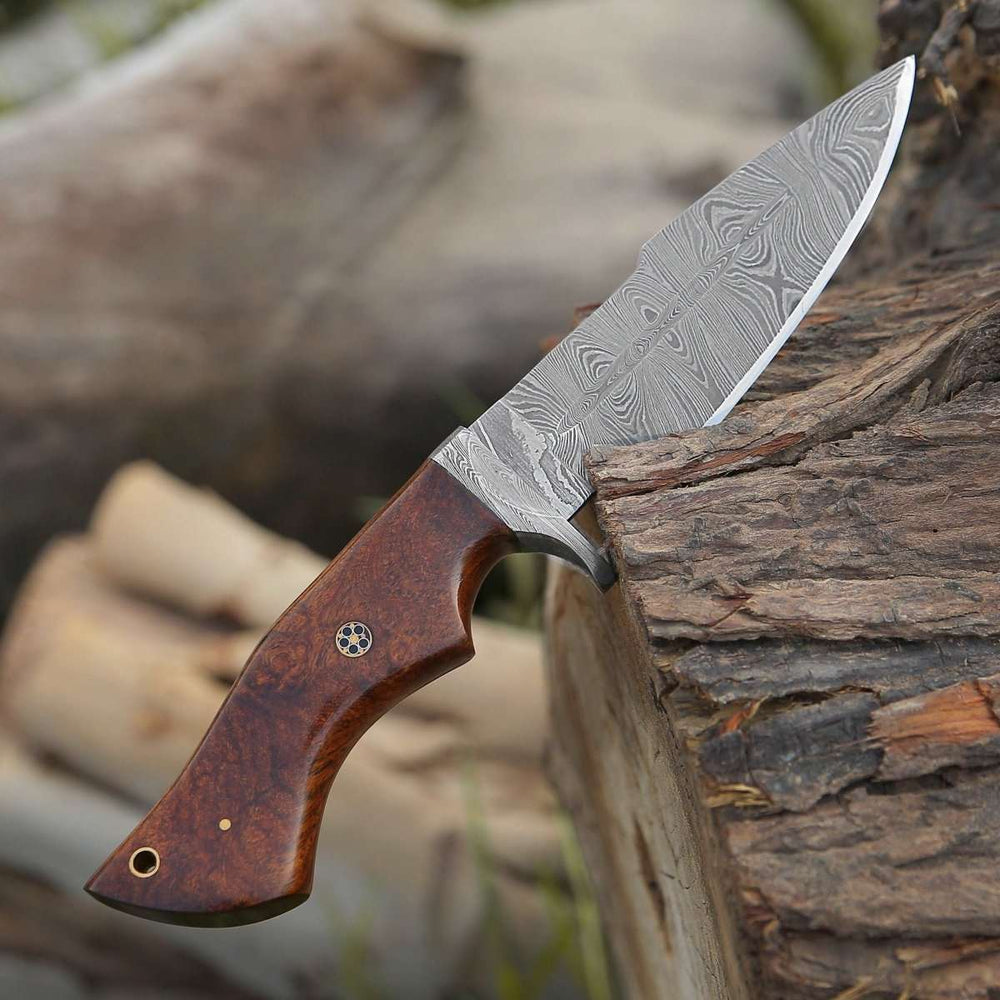
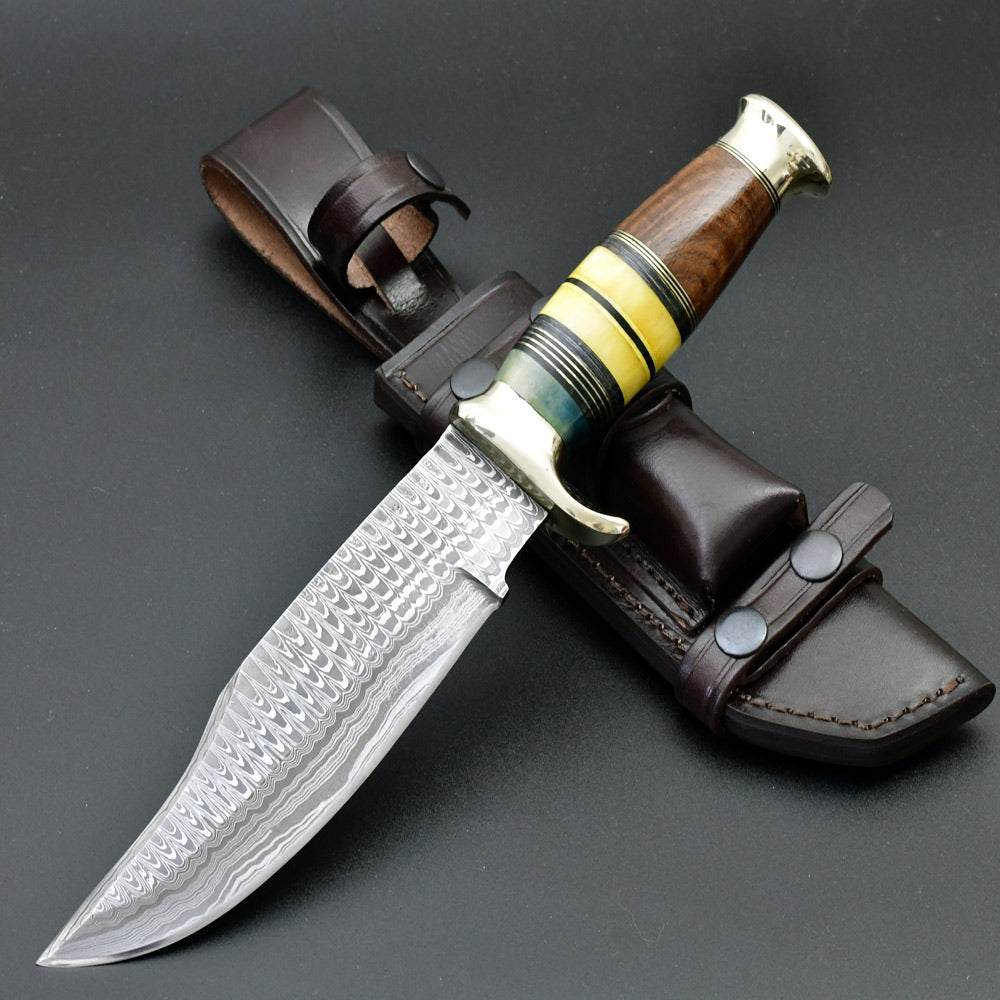
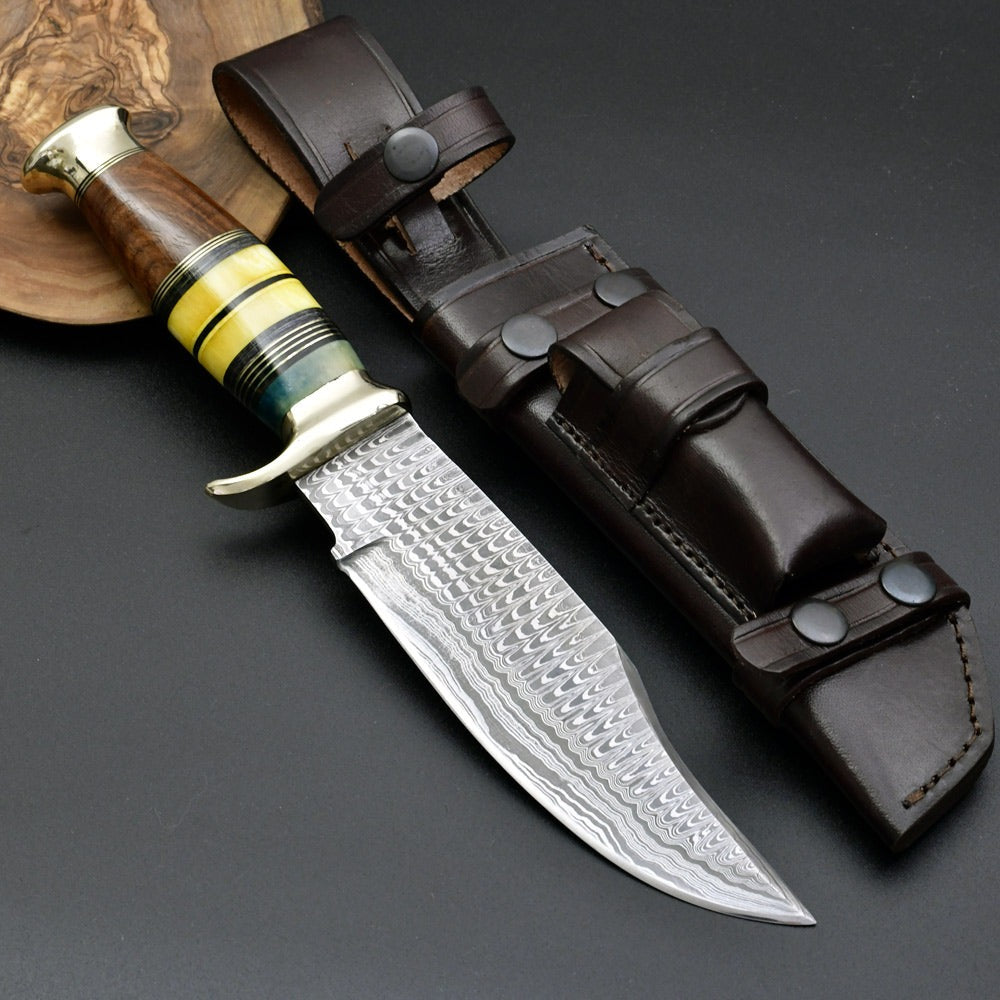
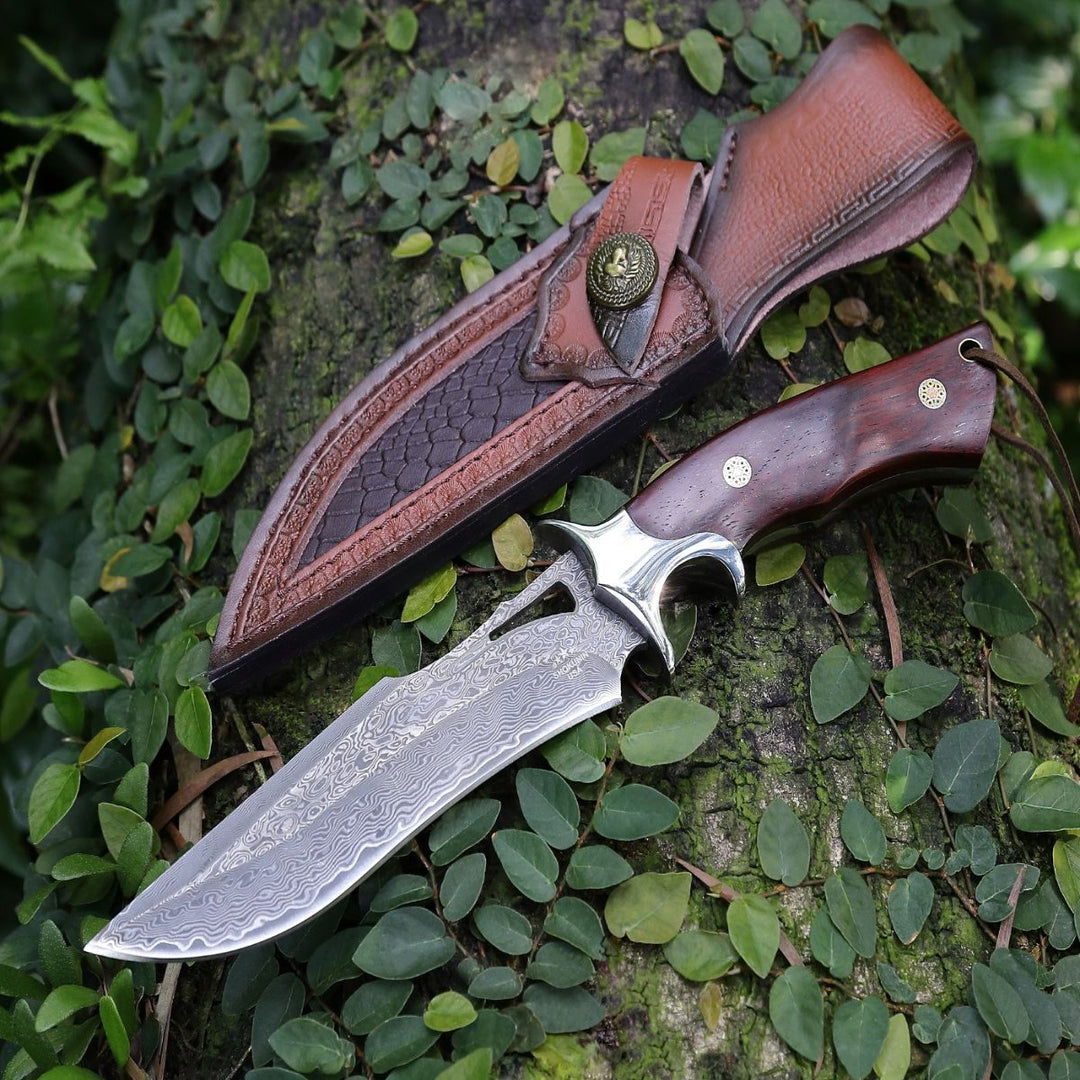
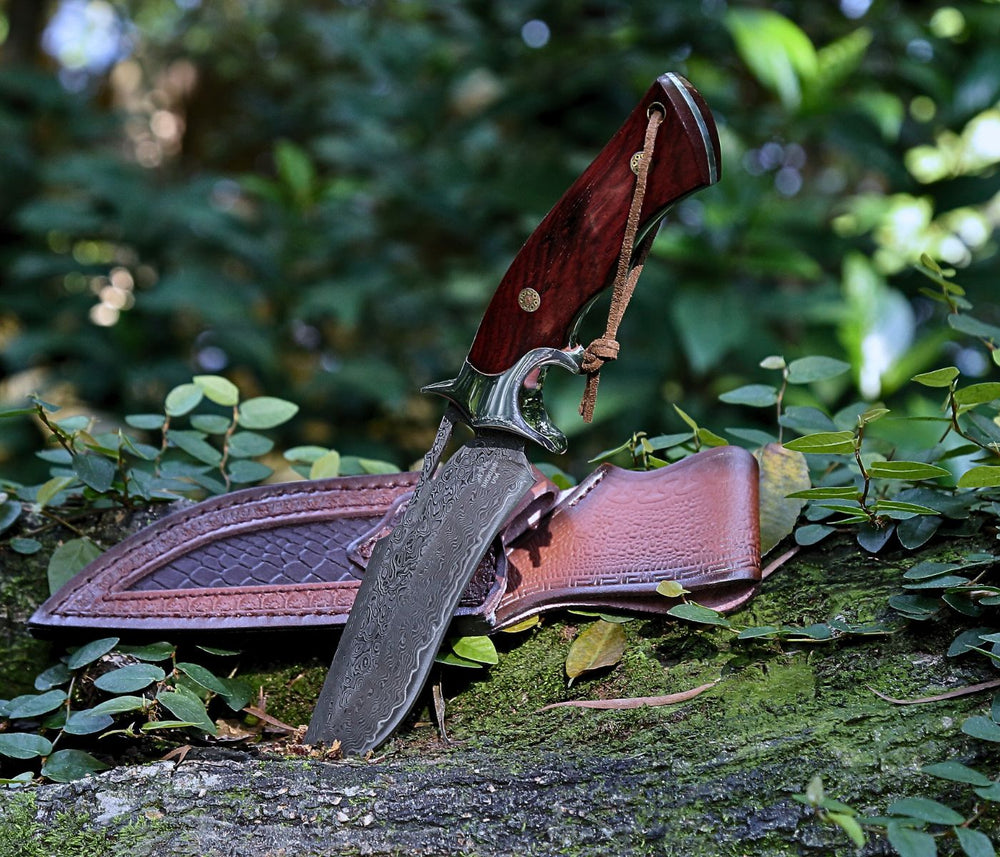
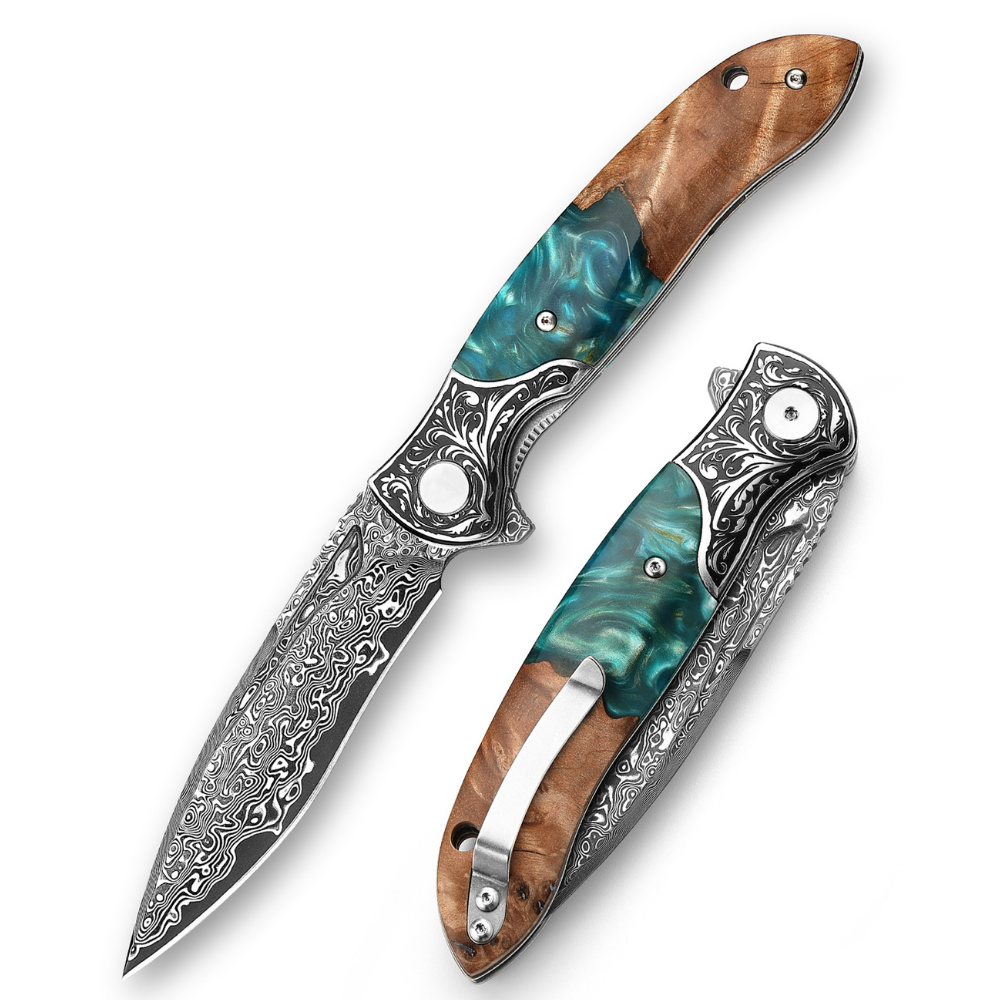
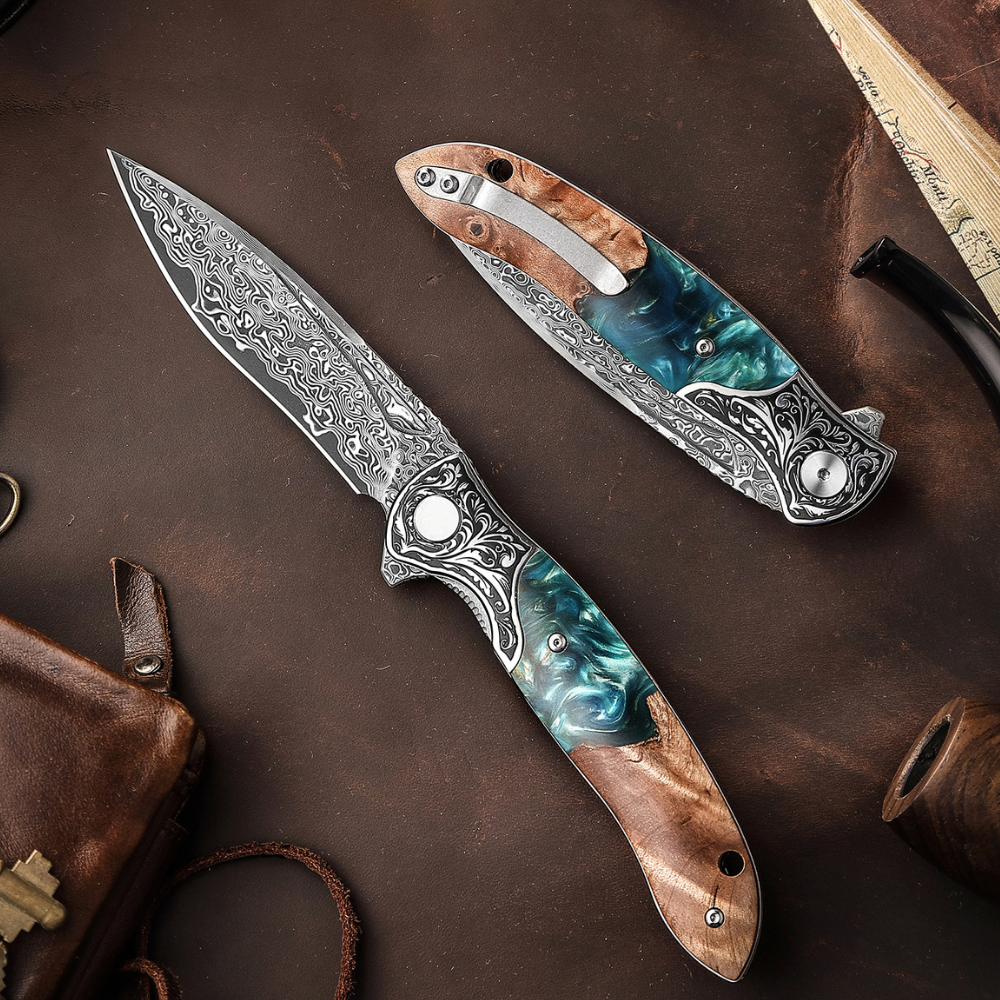
Leave a comment